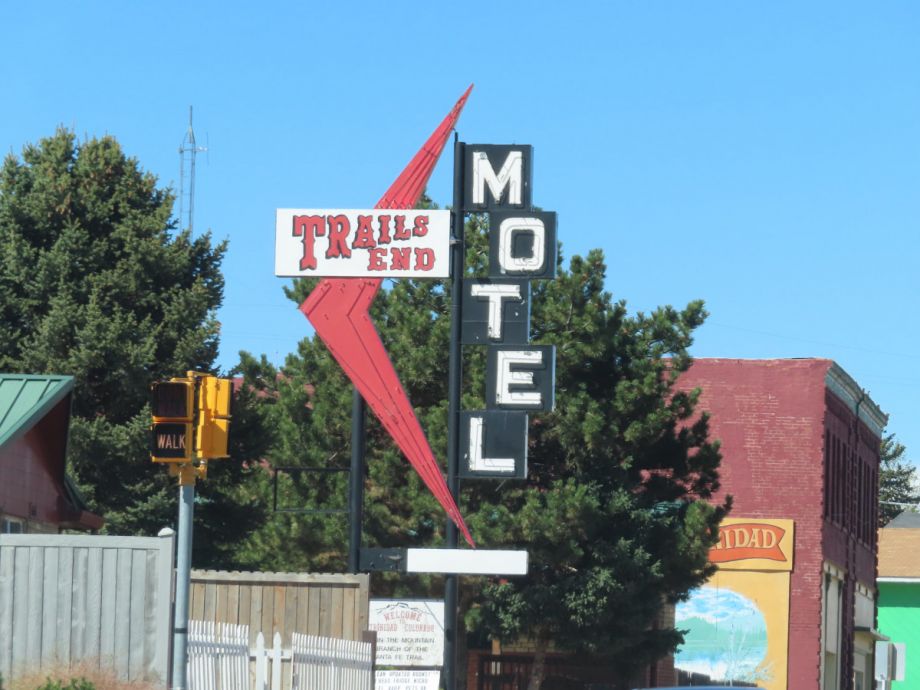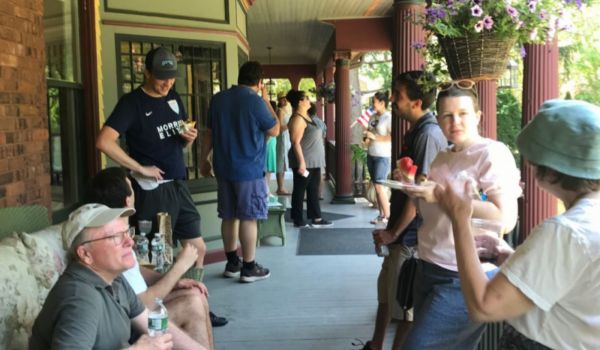Many small and rural communities across the country often fly under the radar of investors and developers—but, these areas often need more affordable housing the most, says real estate investor and developer Louis Lukondi.
He’s working to change that one community at a time. Lukondi is the owner and developer of Timberview Apartments, a 24-unit, multi-family apartment building in Trinidad, Colorado, a town of about 8,300 located near the New Mexico border.
“A lot of these communities haven’t seen any new housing delivered for 30-plus years, sometimes more,” Lukondi says. “My goal was to come in and figure out the Rubik’s Cube on how to get financing that is willing to take a risk on these locations.”
Lukondi turned to the Economic Justice Partnership Fund (EJP Fund), a collaboration of two CDFIs, Partners for the Common Good (PCG) and the Opportunity Finance Network (OFN), that launched in 2021 to provide funding for affordable housing and community facilities that benefit low-income communities. (Disclosure: PCG is a financial supporter of Next City’s CDFI Futures series.)
“Institutional investors typically don’t pay attention to the smaller-scale projects,” Lukondi says.
The $4.35 million loan to Timberview Apartments was the EJP Fund’s first closing, says Andrew Baldwin, chief lending and credit officer at PCG. A $2.5 million loan has also been made for the Frankford Transportation Center in Philadelphia. The development is still in the early stages and will feature a supermarket, health center, retail space, and housing units.
Baldwin says the EJP Fund has generated a lot of interest, and they’re in the process of negotiating several other loans.
“We’re aiming for 50-50 concentration, ideally, between affordable housing and community facilities,” he says. “The way we think about community facilities are things like social services facilities, nonprofit charter schools and community health centers.”
Carla Mannings, chief of investment and impact officer at PCG, says the EJP Fund came about because they were looking to expand lending beyond their balance sheet.
“We had always been thinking about how can we continue to meet the needs of our communities that we serve, but not being constrained against our balance sheet,” she says, so they created EJP Fund as an “off-balance-sheet product.”
“We reached out to OFN because we needed a partner in terms of creating the fund, and they were really excited,” Mannings says. “Not only does it help PCG in terms of being able to meet the needs of communities, but it also allows us to be able to work with smaller CDFIs that may not have the capital to do larger loans.”
The EJP Fund provides loans up to $6 million and focuses on smaller CDFIs, minority-led borrowers, and projects in rural areas and on Native lands. Borrower rates are 5% to 6%.
“With this fund, we can reach deep into underserved communities and reach CDFIs large and small,” says Beth Lipson, interim CEO at OFN. “The impact of this capital in those communities, for housing and other community projects, can be truly transformational.”
Timberview Apartments, which are scheduled to be completed in November 2023, will provide eight units that are available to tenants with incomes up to 80% of Area Median Income (AMI) and 16 units for tenants with incomes up to 120% AMI.
The units feature full-sized appliances, quartz countertops and solid wood cabinets, Lukondi says. “It’s definitely much higher quality than the existing housing inventory that’s there, in terms of for-rent housing.”
The EJP Fund not only provided accessible funding for the project, Lukondi says the group eliminated much of the red tape that comes with traditional lending—and, even helped connect him to other resources that he hopes to utilize in the future.
“They’re great in the sense that they’re very responsive, flexible and creative in the underwriting structure,” he says. “They’re just user-friendly, which is contrary to some other sources that I’ve encountered where maybe the funding is available, but you have to jump through so many hoops to get access to it.”

We have updated this story to include a statement from Beth Lipson of OFN.
This story is part of our series, CDFI Futures, which explores the community development finance industry through the lenses of equity, public policy and inclusive community development. The series is generously supported by Partners for the Common Good. Sign up for PCG’s CapNexus newsletter at capnexus.org.
Erica Sweeney is a freelance journalist based in Little Rock, AR. She covers health, wellness, business and many other topics. Her work has appeared in The New York Times, The Guardian, Good Housekeeping, HuffPost, Parade, Money, Insider and more.


_920_614_600_350_80_s_c1.jpg)
_600_350_80_s_c1.JPG)












